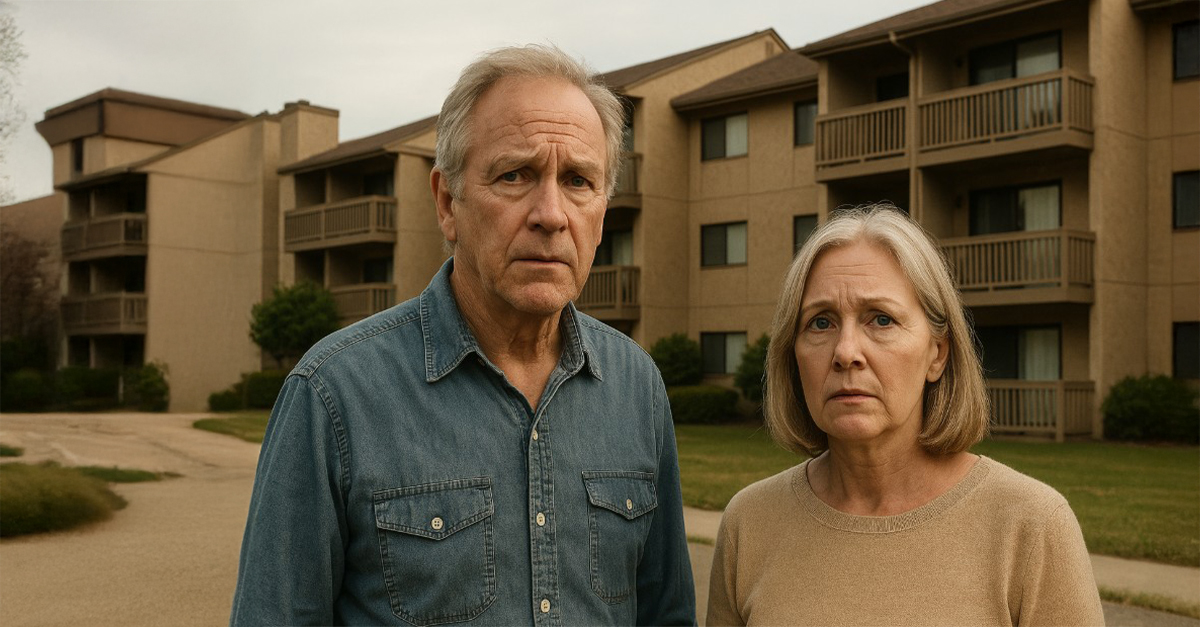When you and your spouse decided to downsize after retirement, the financial and lifestyle benefits of condo living sounded great. The location was convenient, maintenance was someone else’s job, and you saved a bundle. But just a couple of years later, your homeowners association (HOA) fees have tripled and you’re wondering what on Earth you can do.
Why HOA Fees Can Skyrocket
HOA fees are typically used to cover community expenses like landscaping, shared utilities, amenities, and long-term maintenance. Those costs can rise quickly over time, especially in aging buildings. If the HOA doesn’t plan well or keep sufficient reserves, owners are hit with sudden increases to cover necessary repairs, inflation, or legal liabilities. The spike could reflect poor financial planning or the unavoidable cost of deferred maintenance.
 Inside Creative house, Shutterstock
Inside Creative house, Shutterstock
Knowing Your HOA’s Budget and Reserves
You should request a copy of the HOA’s budget and reserve study to find out how the fees are allocated and if the increases are justified. Look for red flags like repeated overspending, lack of transparency, or major upcoming projects. If the reserves are down, it could be a signal of years of underfunding, that’s just now catching up to the community in the form of steep fee hikes.
Can You Fight The Increases?
As a condo owner, you’re also a member of the HOA and have the right to participate in meetings and elections. If you and your neighbors think the increases are unreasonable or hard to explain, you can run for a board position, request financial audits, or advance your own budget alternatives. Sometimes getting together with other residents can move the board to take a more frugal or step-by-step approach.
See What Legal Options You Have
In some cases, you can challenge the fee increases legally. Look over your HOA’s bylaws and state laws with respect to condo associations. Some states cap how quickly fees can rise or require owner approval for special assessments. If you think there’s mismanagement or fraud going on, talk to an attorney who’s got experience with HOA law.
Consider Downsizing Further or Renting Out the Unit
If the new fees are affecting your retirement budget, you may need to start looking at other options. Some retirees rent out their condo and move somewhere more affordable, either in the same community or elsewhere. If your unit is in a decent location, it might be a good source of rental income to offset the fees and give you some breathing space.
 PeopleImages.com, Yuri A., Shutterstock
PeopleImages.com, Yuri A., Shutterstock
Look Into Assistance for Seniors on Fixed Incomes
Depending on your income, age, and location, you could qualify for property tax relief or utility assistance programs to help with your housing expenses. Some places offer legal clinics or nonprofit housing counselors who help with navigating HOA disputes or budget planning in retirement.
Look Before You Leap
Your situation is a major warning for others approaching retirement. Condos and HOAs can offer many conveniences, but they also come with potential financial risks. Always thoroughly vet the HOA’s financial health, past fee increases, and upcoming capital improvement plans before buying. Sometimes what looks like a bargain can turn into a financial nightmare.
You May Also Like:
The Downsides Of Early Retirement That Nobody Talks About








